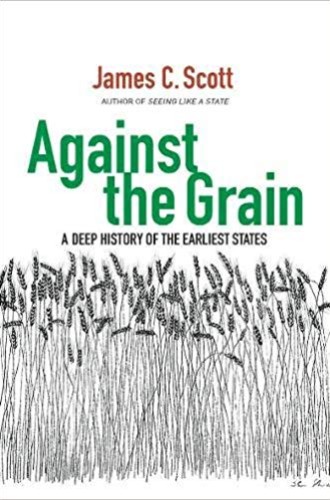Our narratives about nation-states
Is an organized state the pinnacle of progress? James Scott doesn’t think so.
Yale anthropologist James C. Scott has long considered how human communities survive and prosper outside of the coercive structures of the state. In his best-known books, Weapons of the Weak (1985) and Domination and the Arts of Resistance (1990), he analyzes the strategies used by modern-day subsistence communities to persist in the face of administrative pressure from above. In this book, Scott turns to the past, focusing on the emergence of the earliest states in Mesopotamia: Uruk, Ur, and Eridu.
The title phrase “against the grain” works on two levels at once. The grain of common opinion regards social evolution from informal communities to highly organized states as a natural development. According to what Scott calls “the narrative of progress,” this evolution is welcomed because the quality of life is so much better in an administered state, which is able to minimize risks and contingencies.
Scott is dead set against the grain of that opinion. He contends that such a development is not automatic or natural, nor is existence in an administered state everywhere advantageous. Many people find a better life in a less organized economy.






